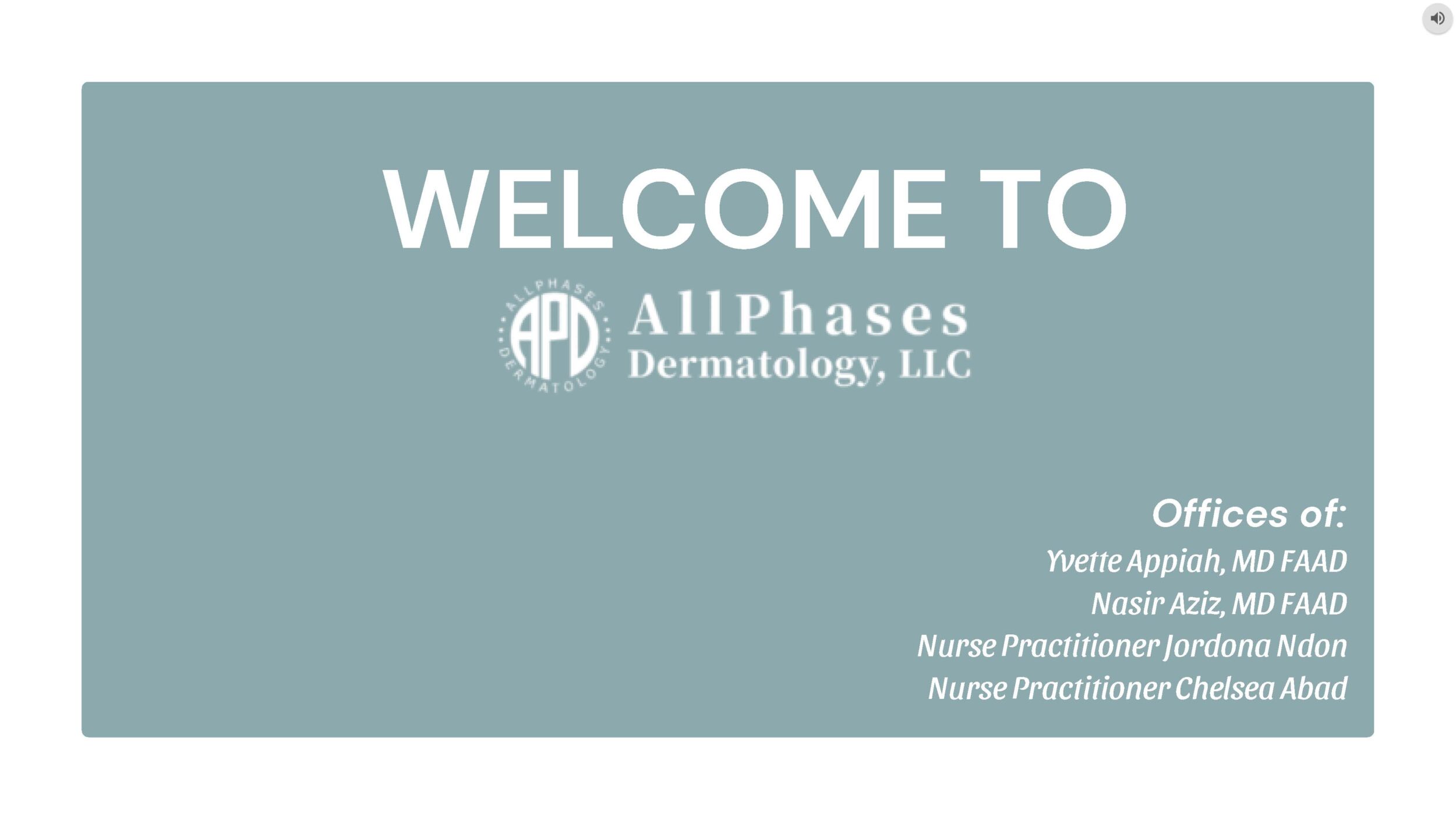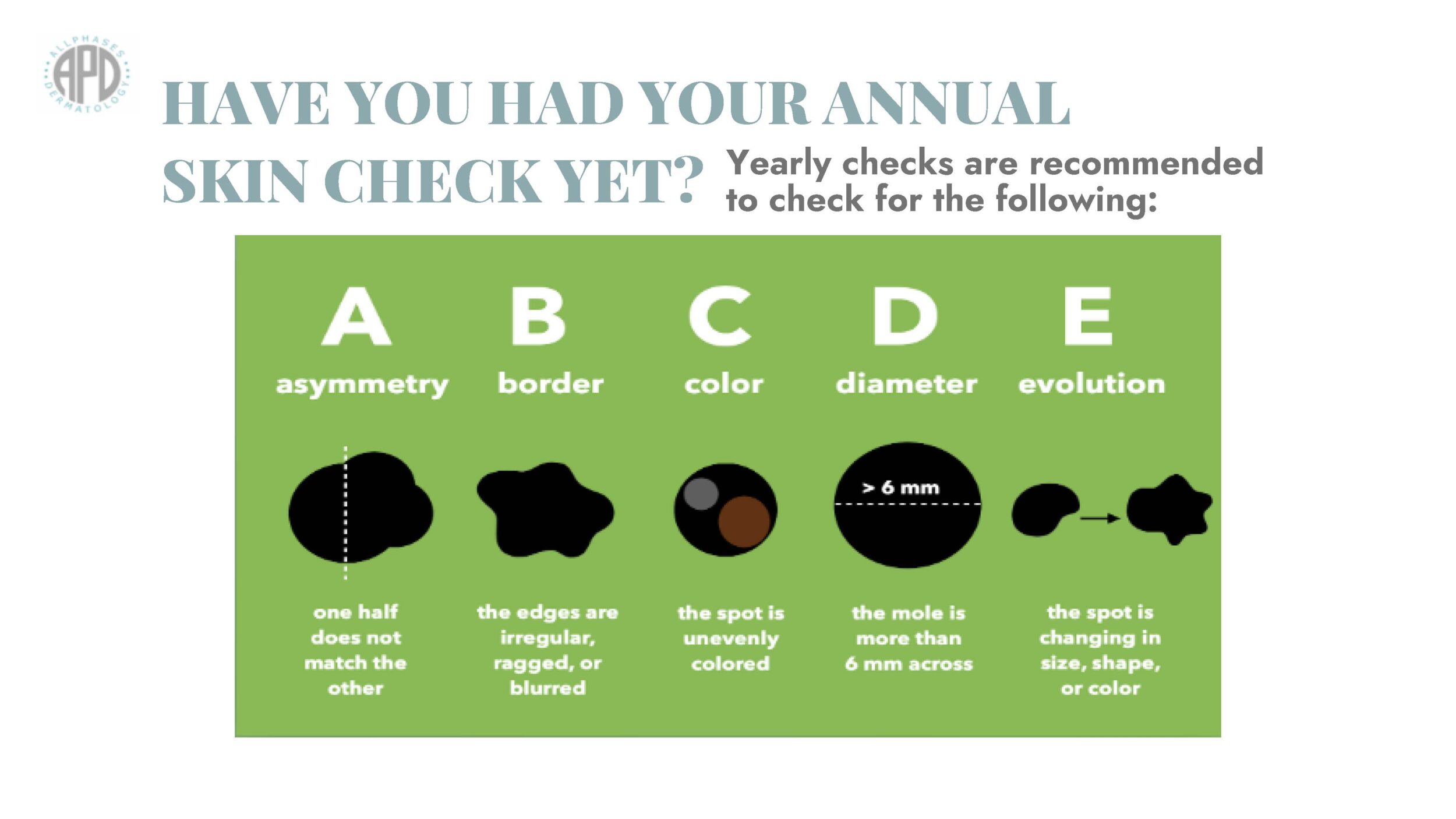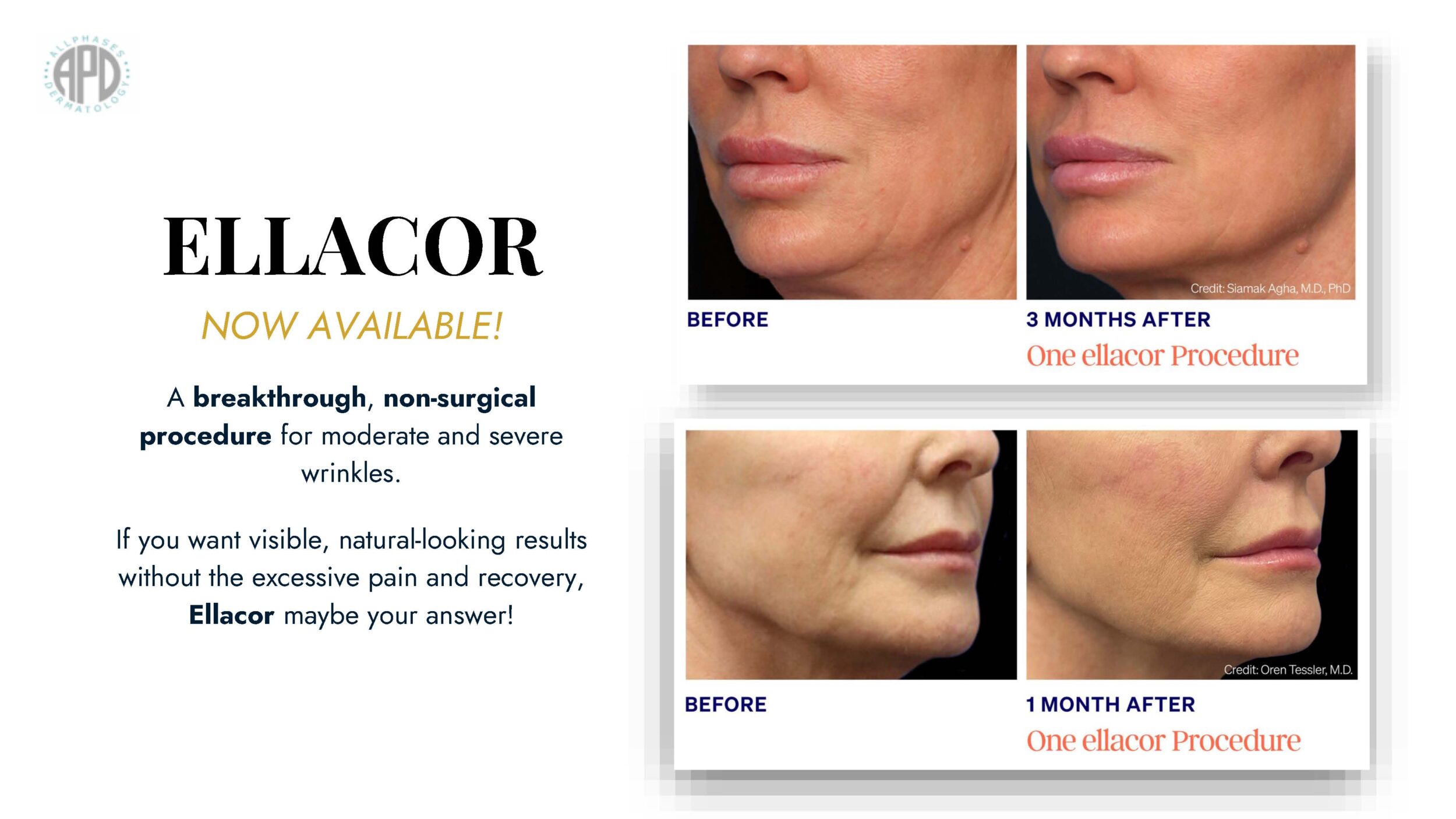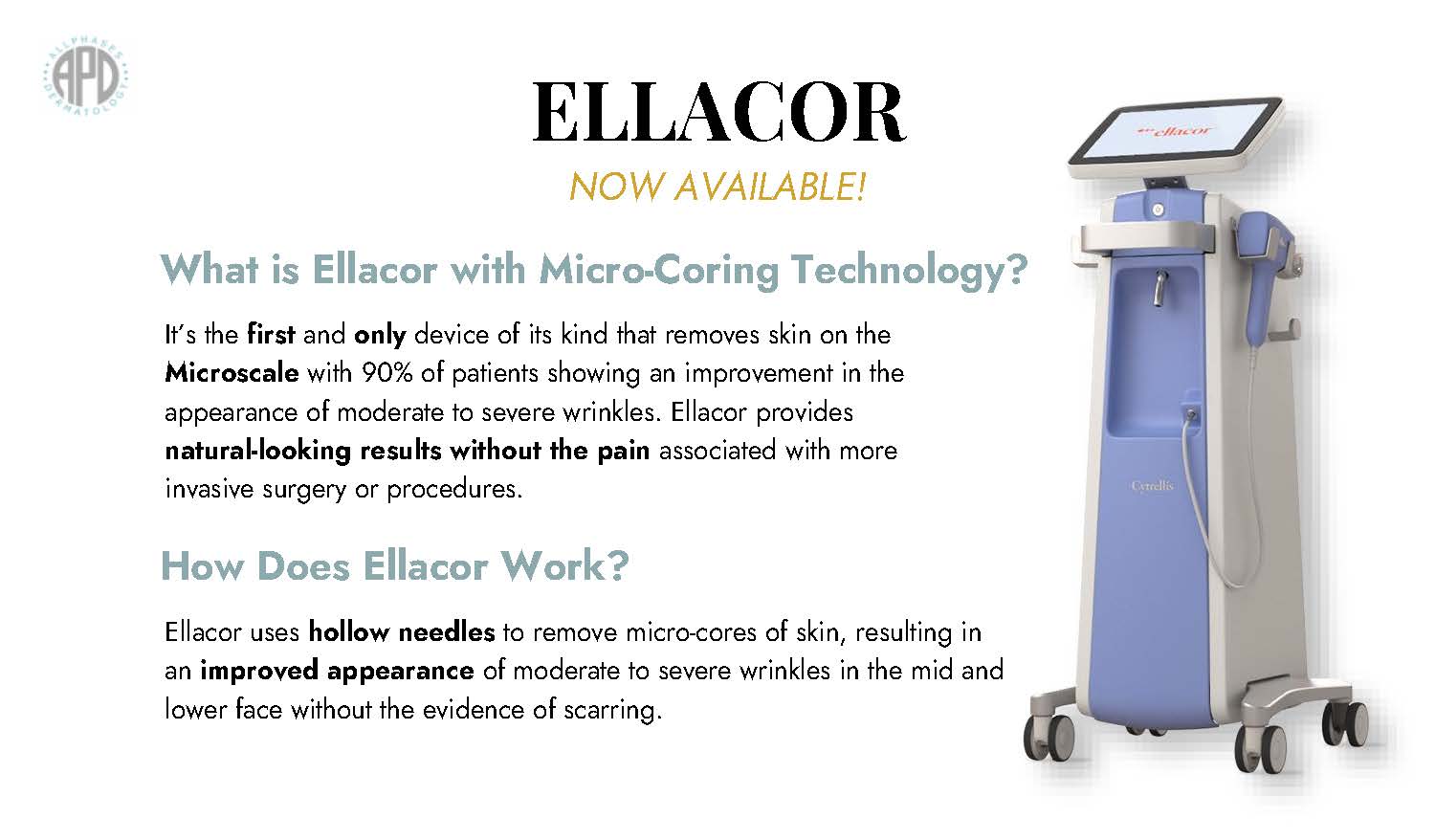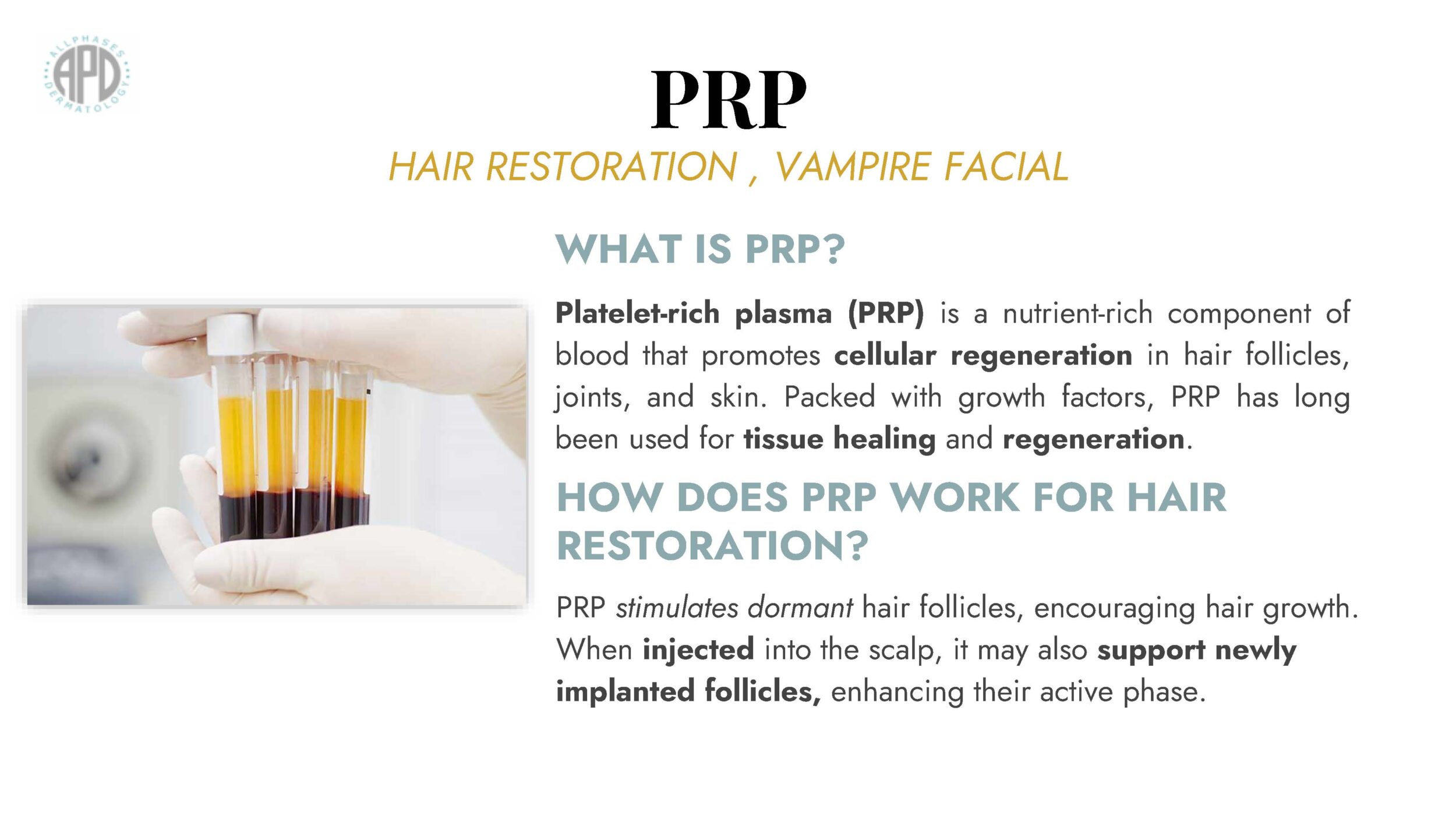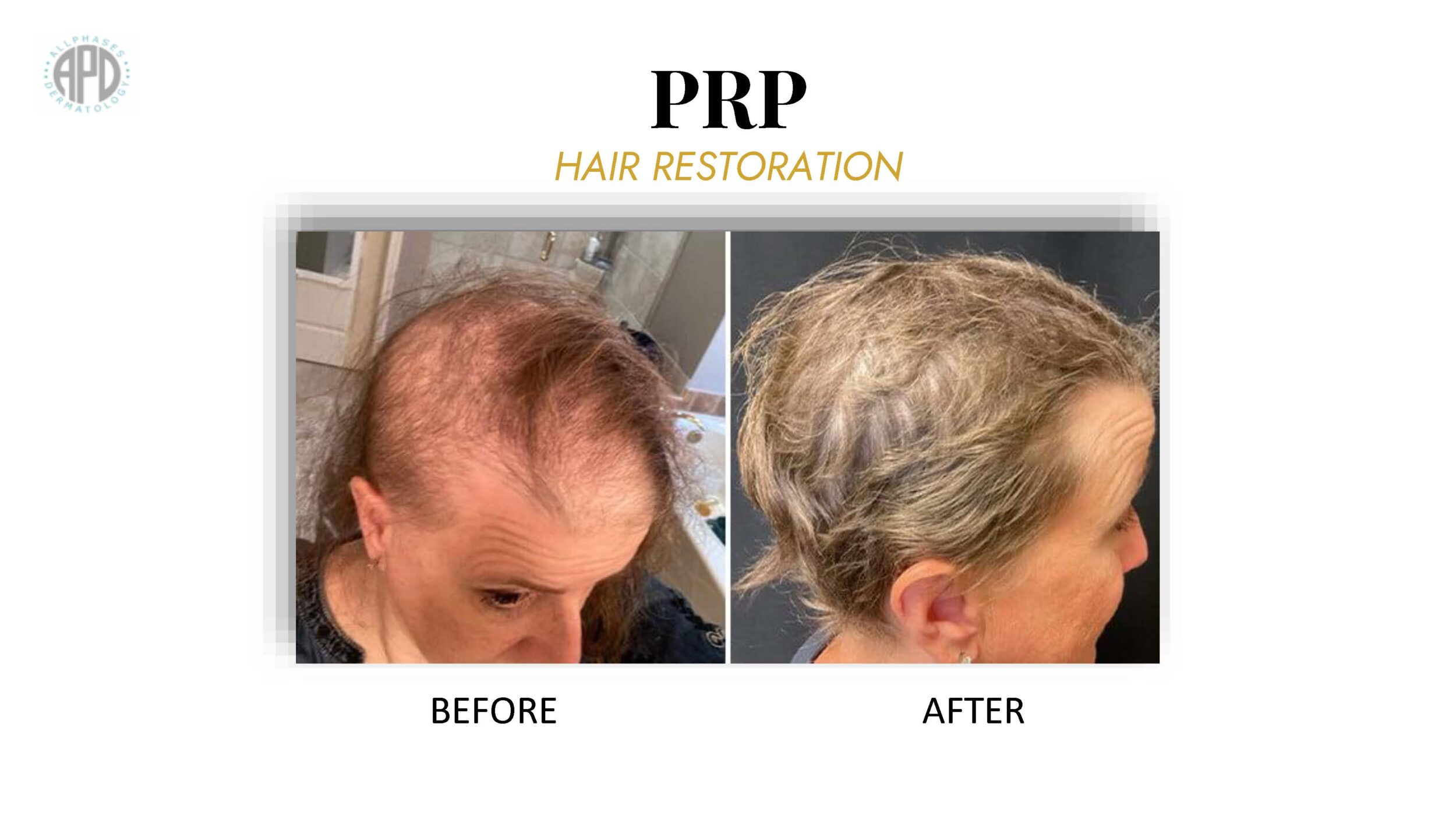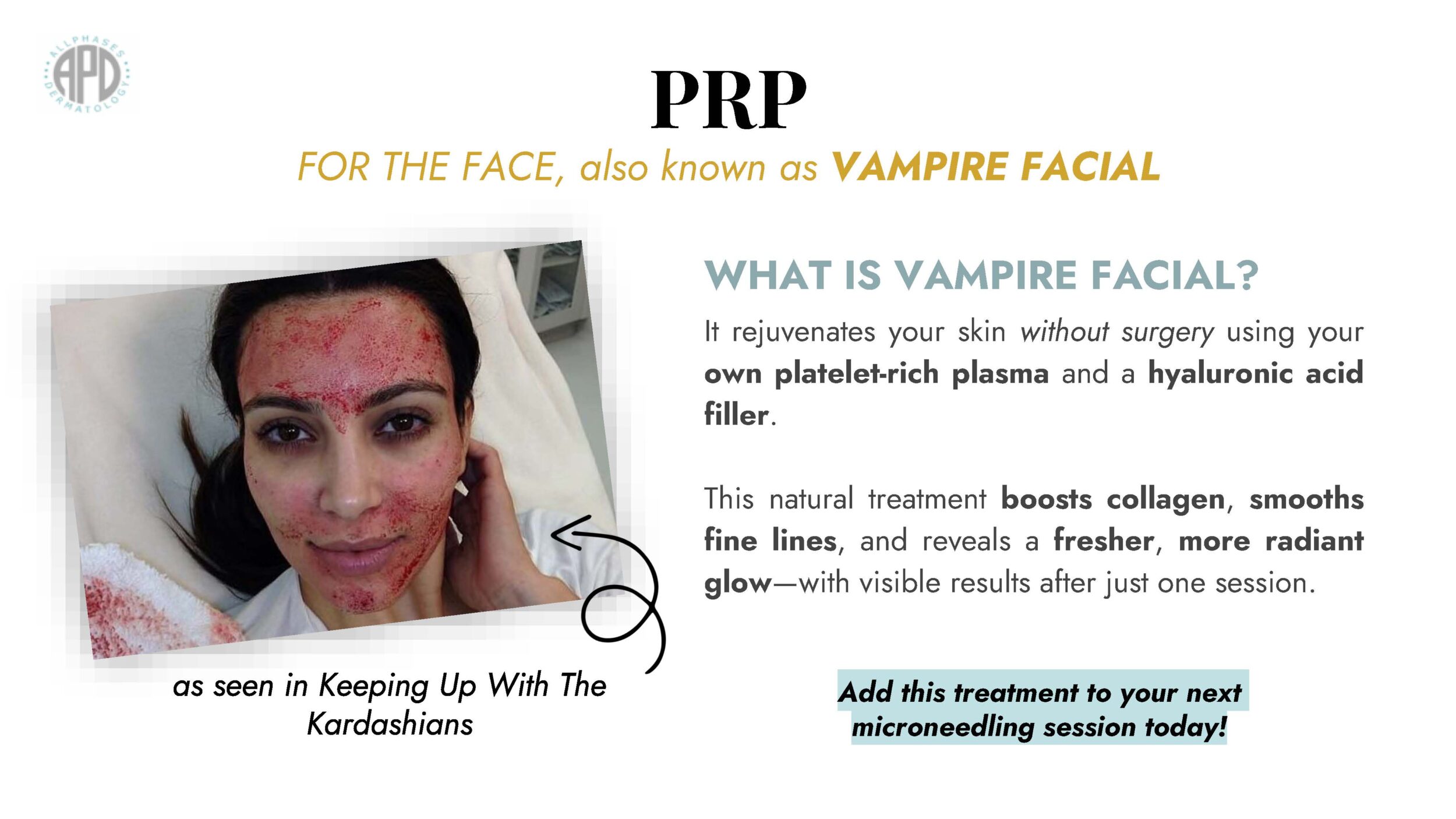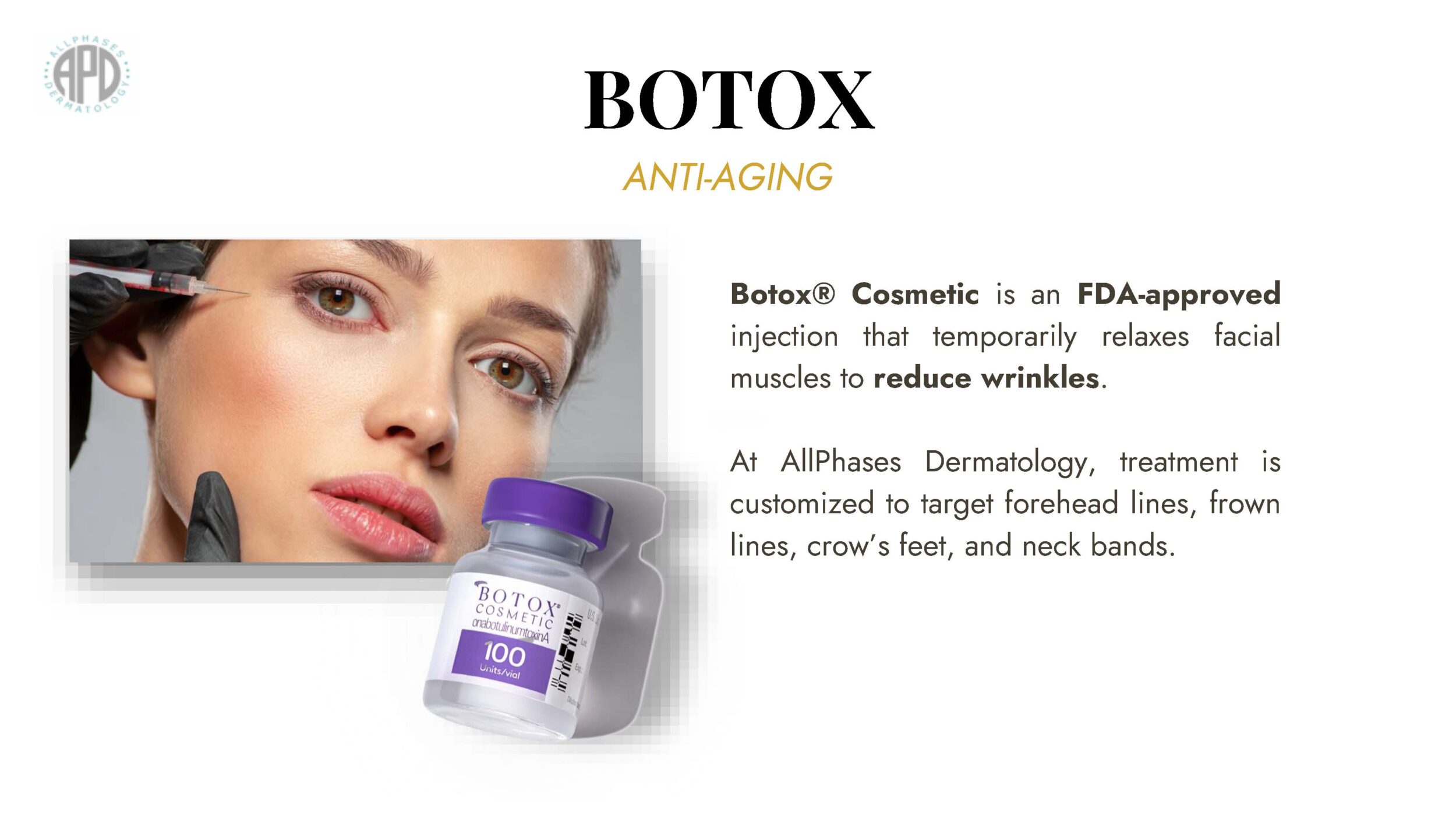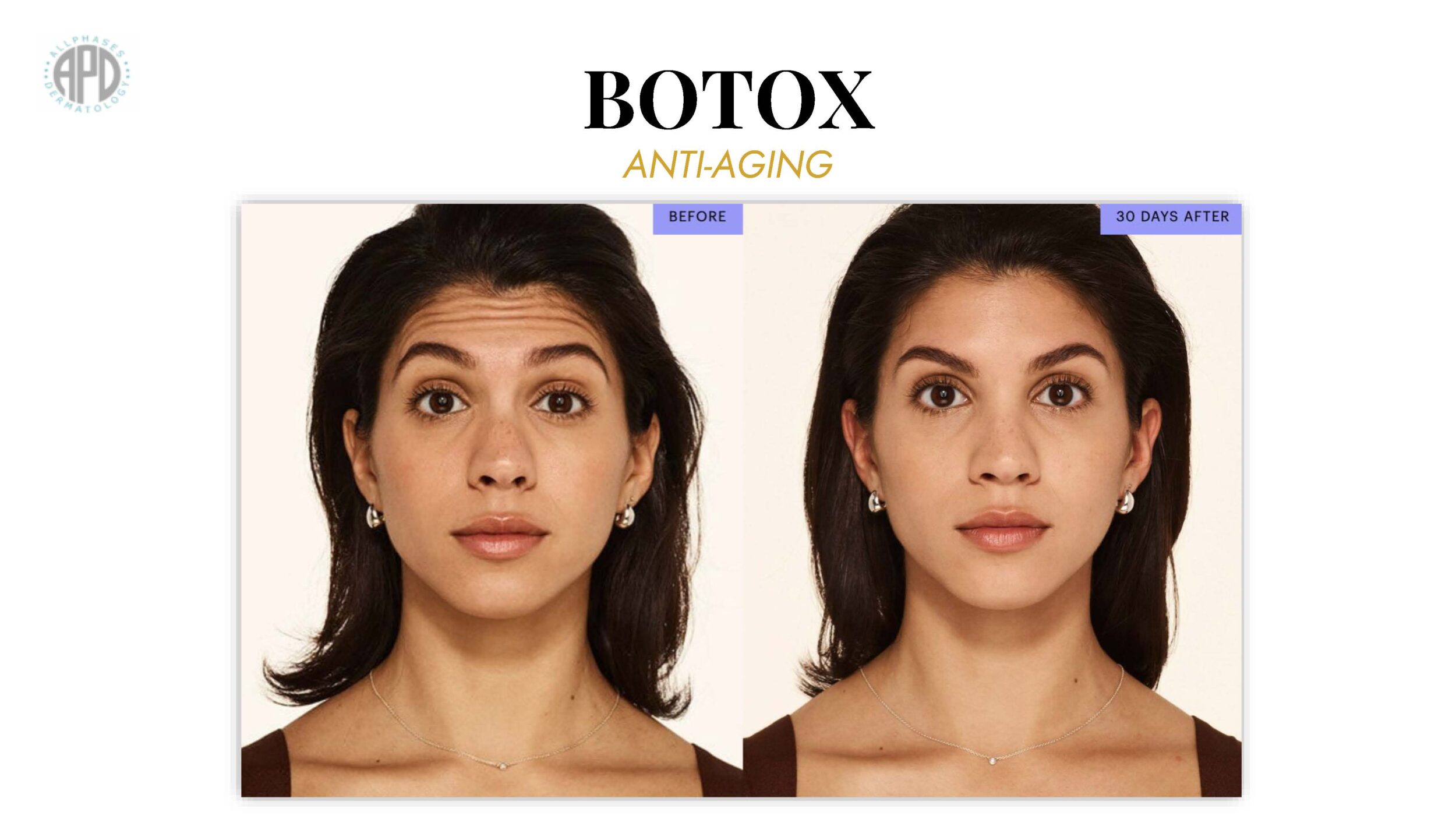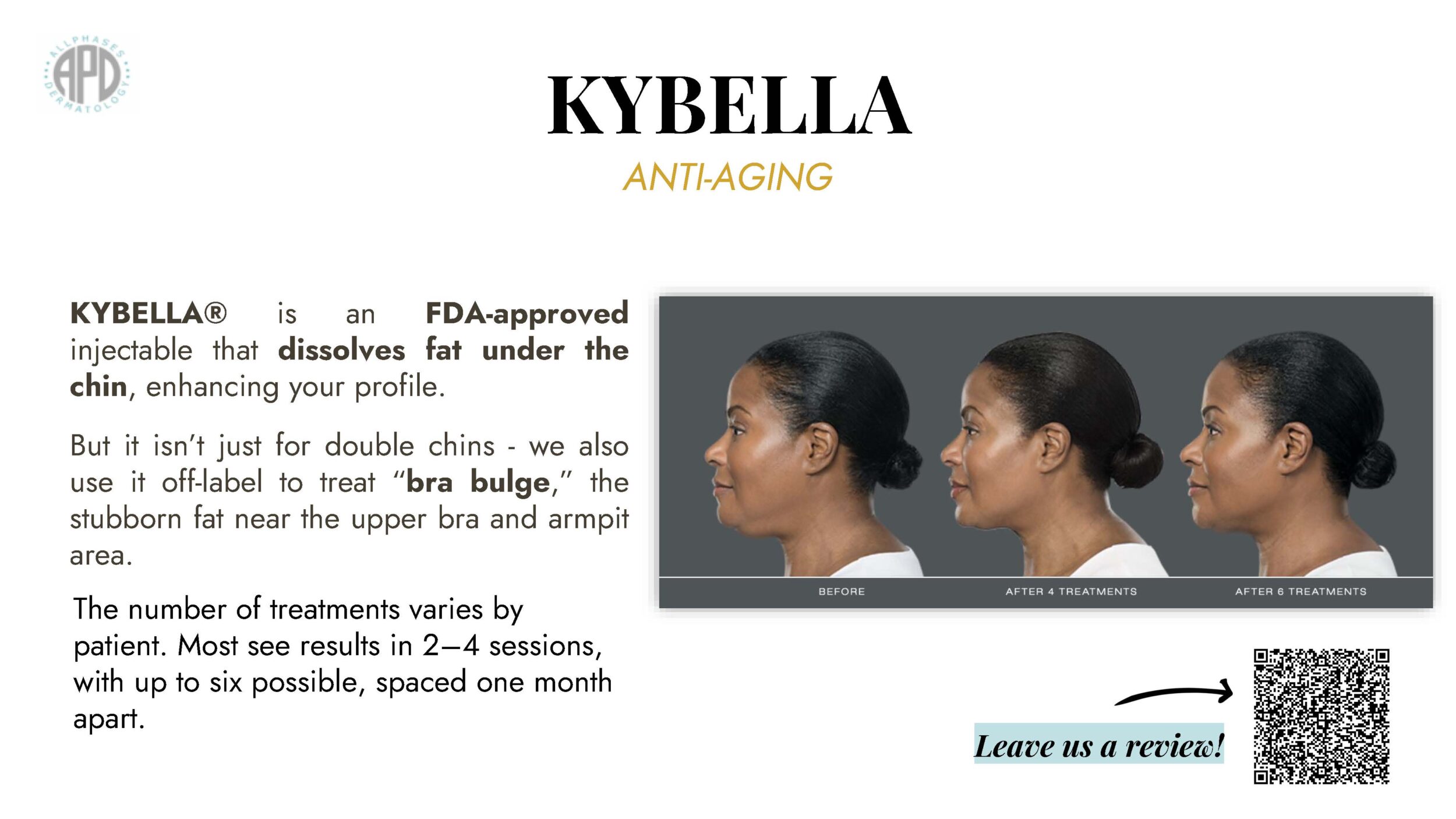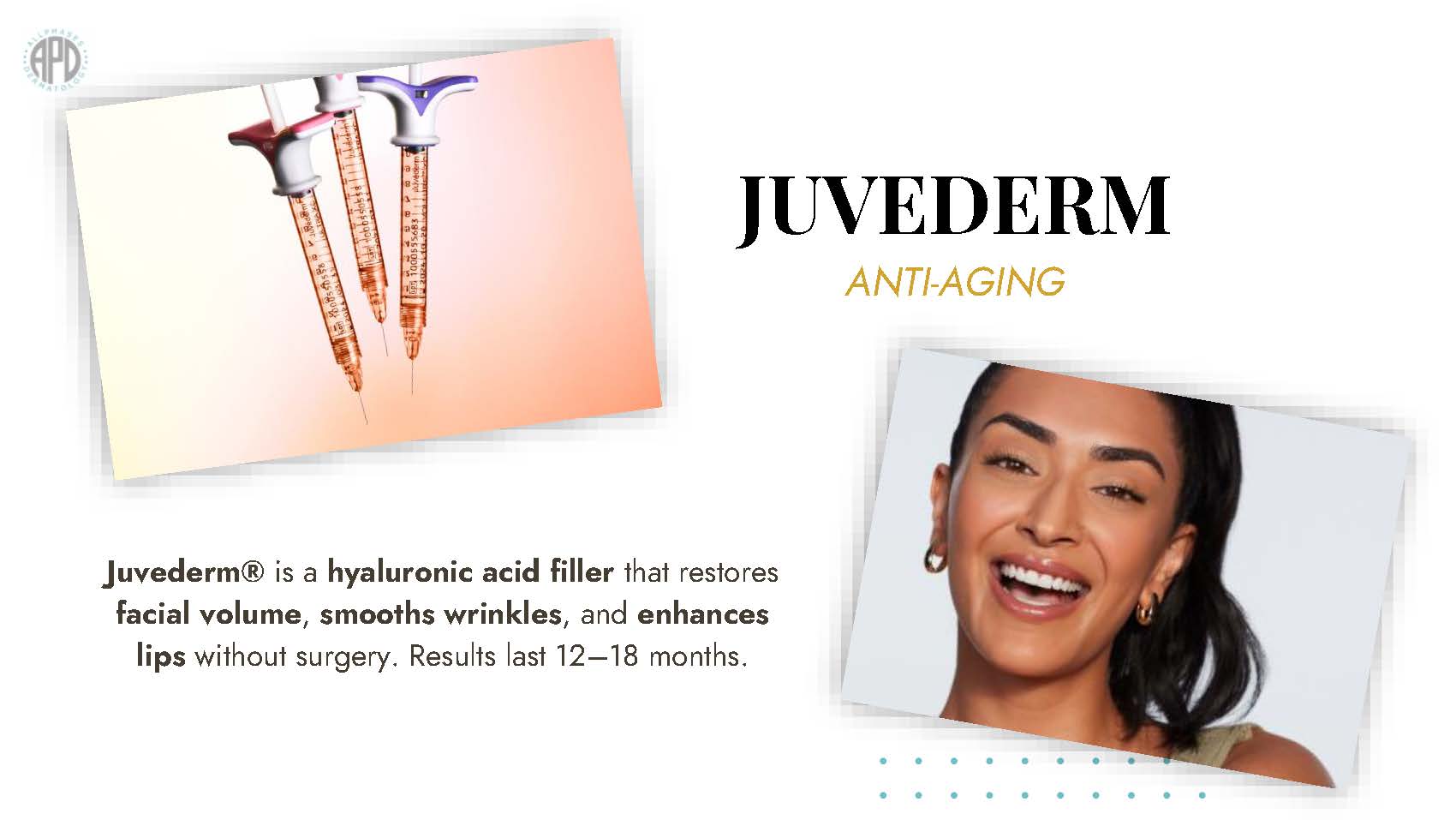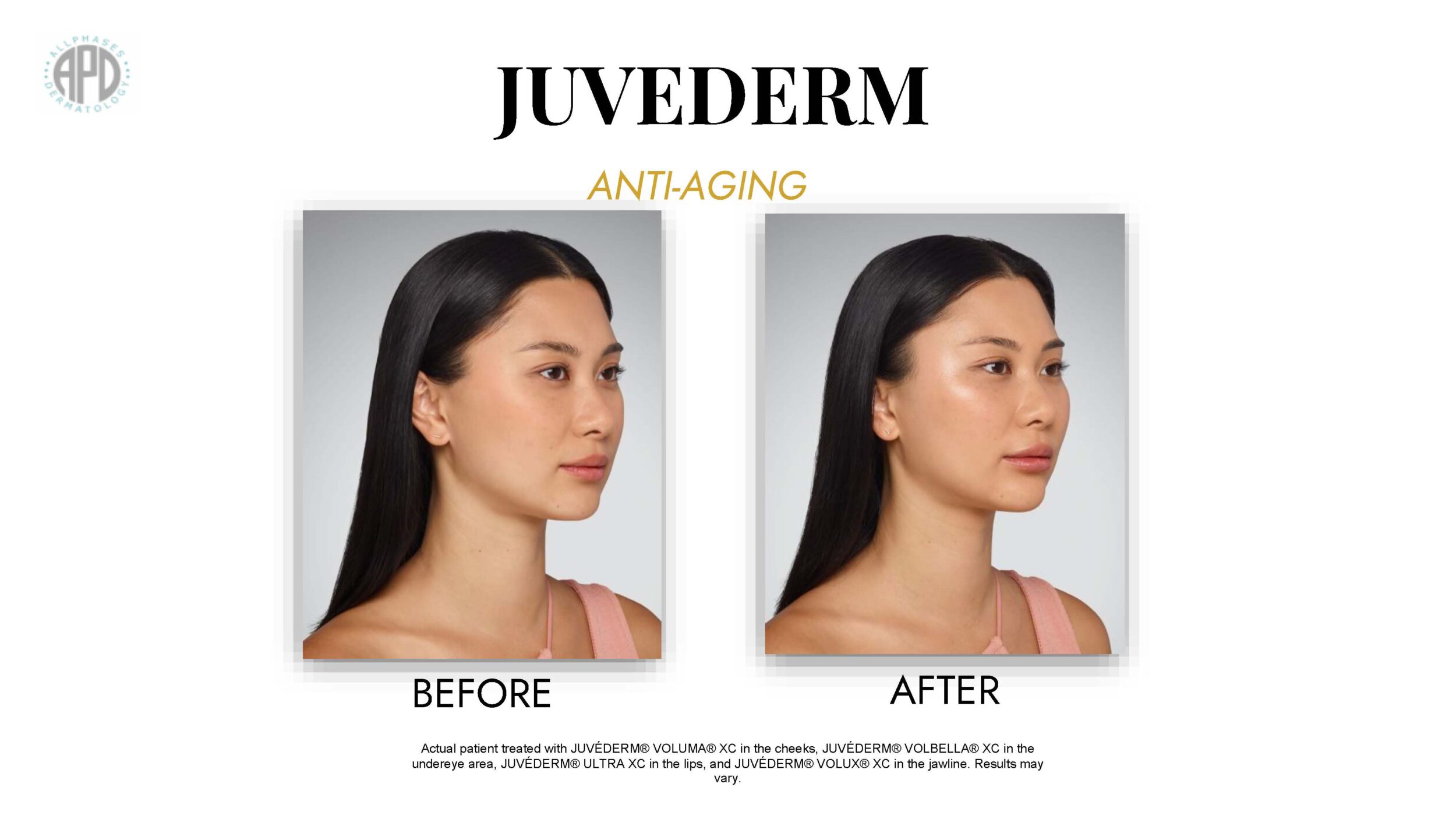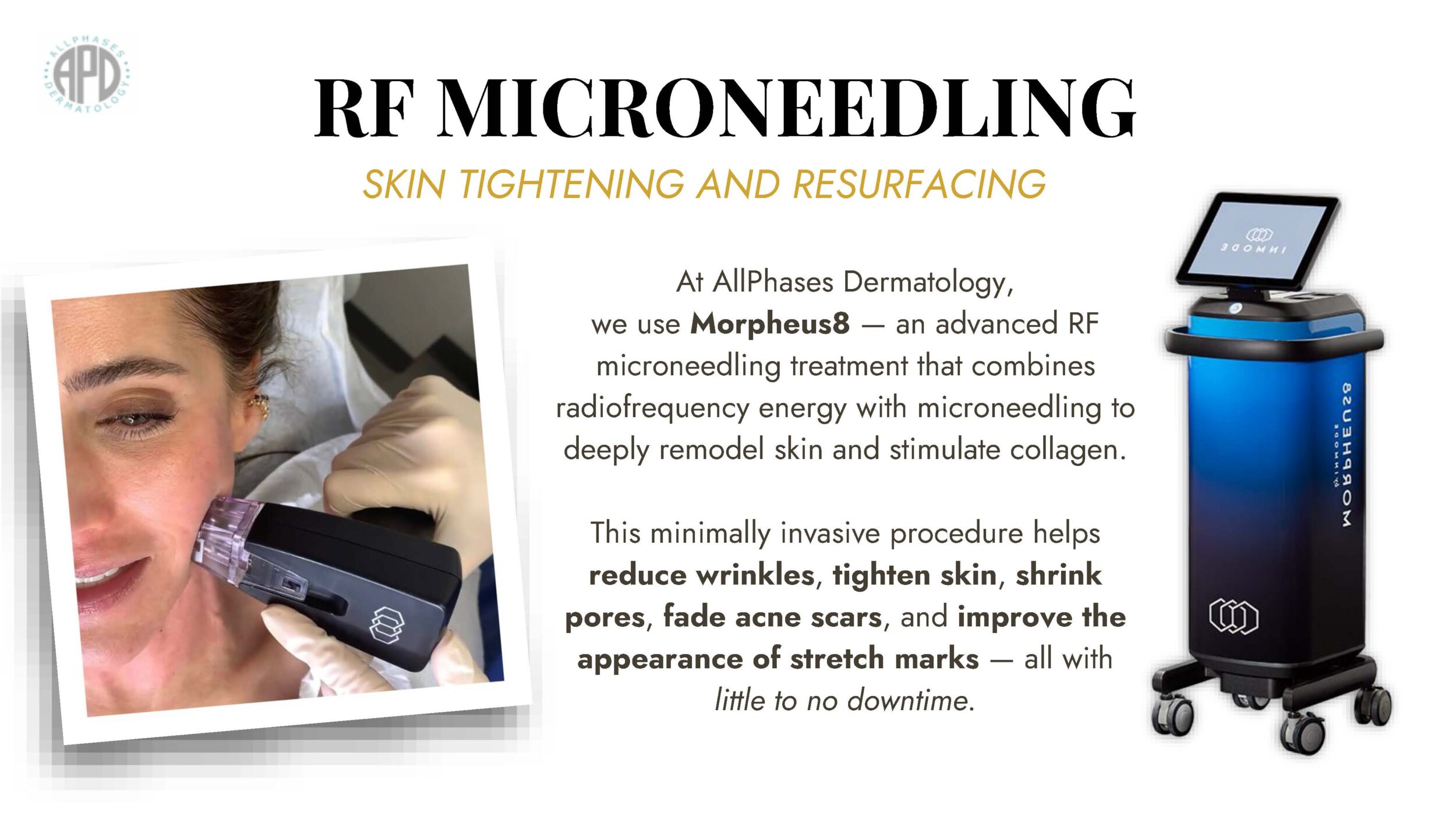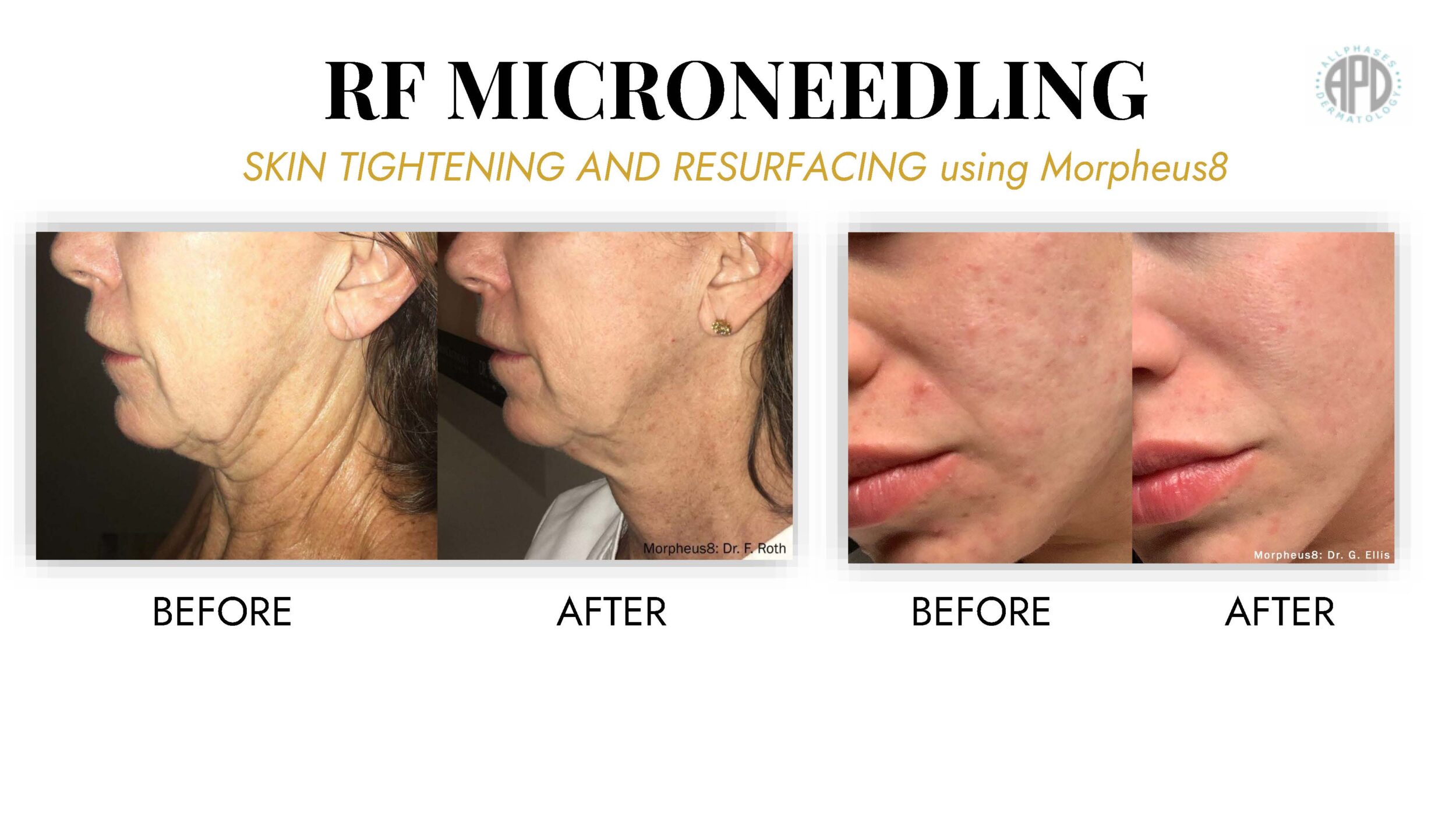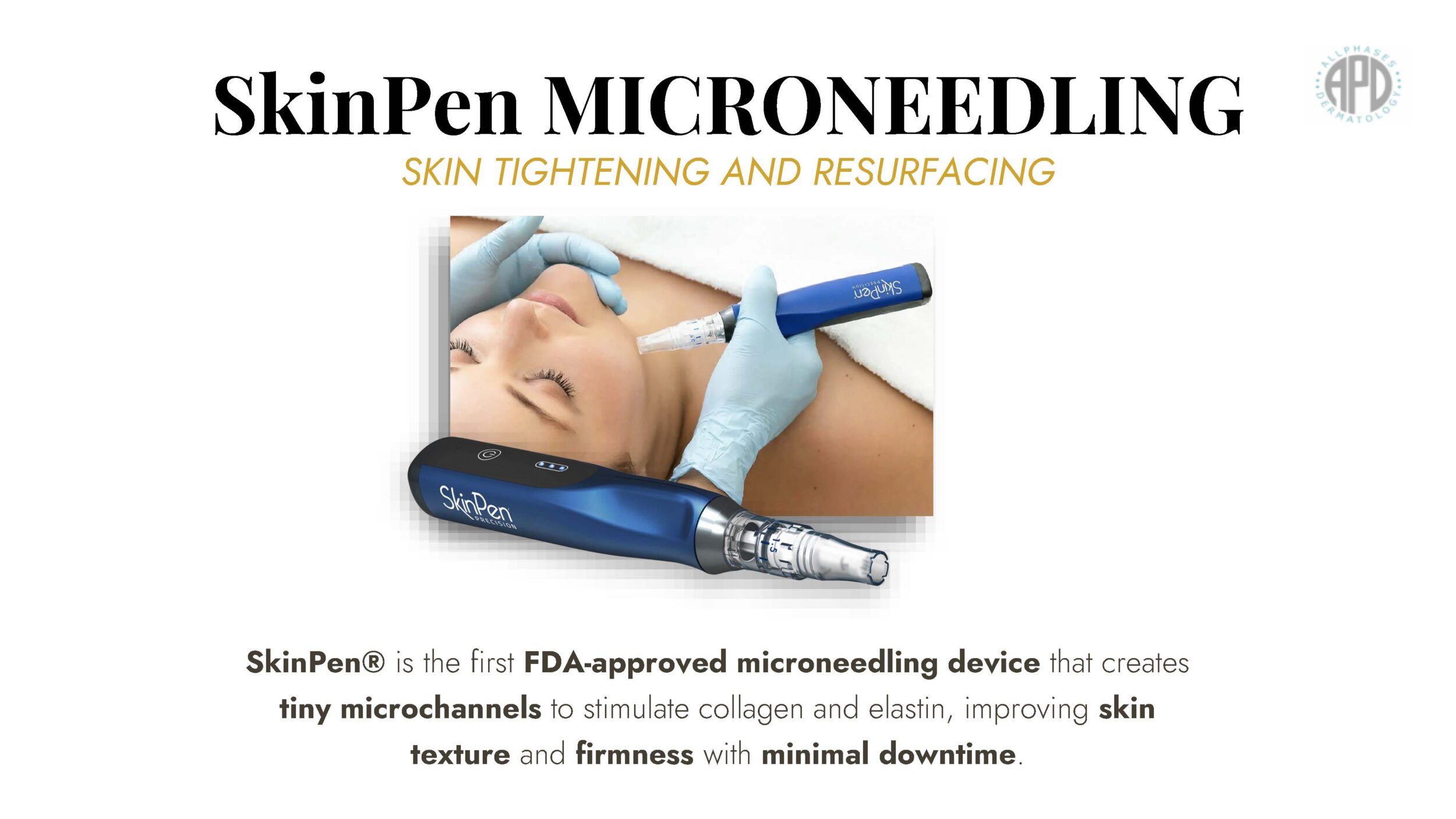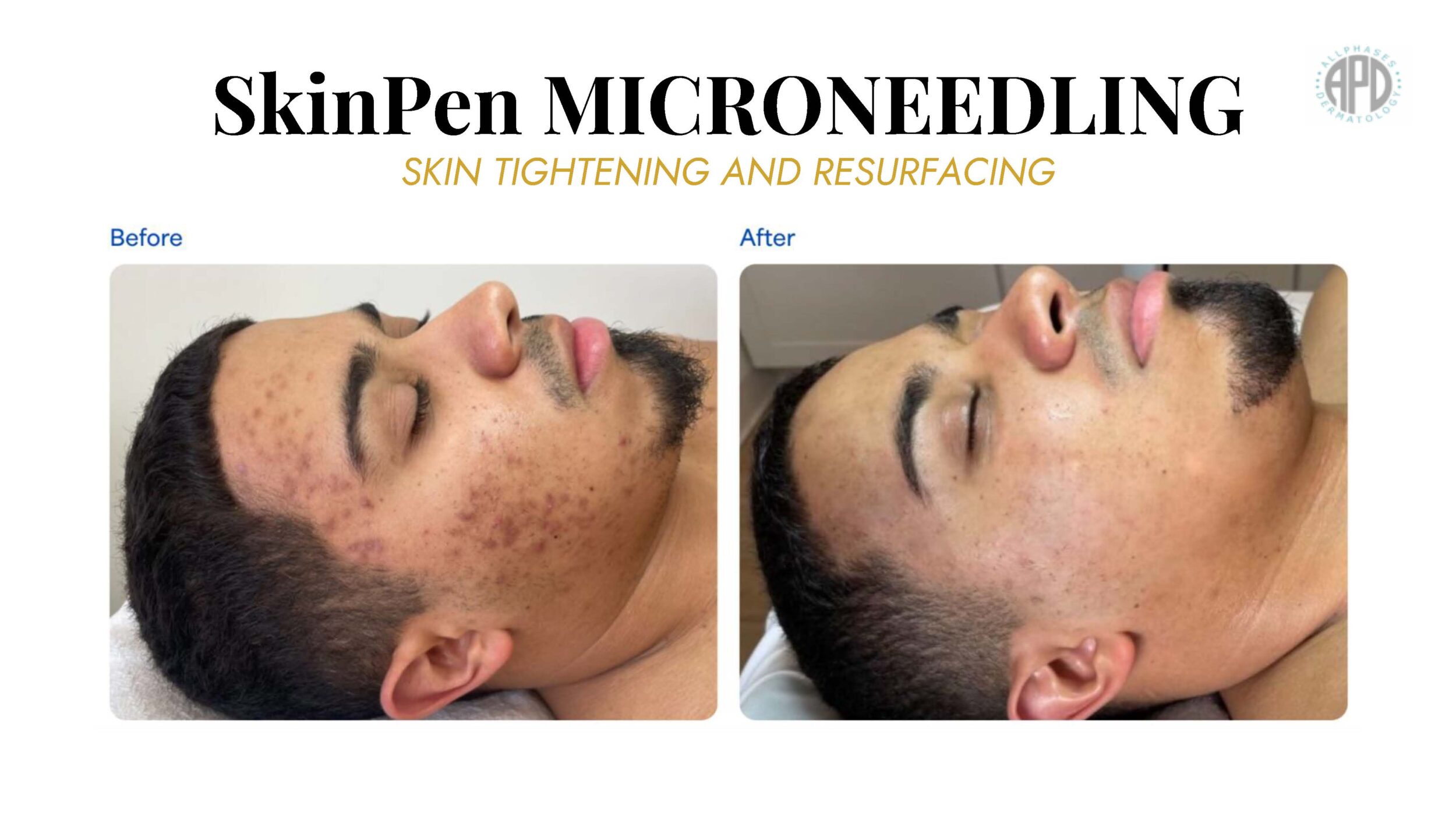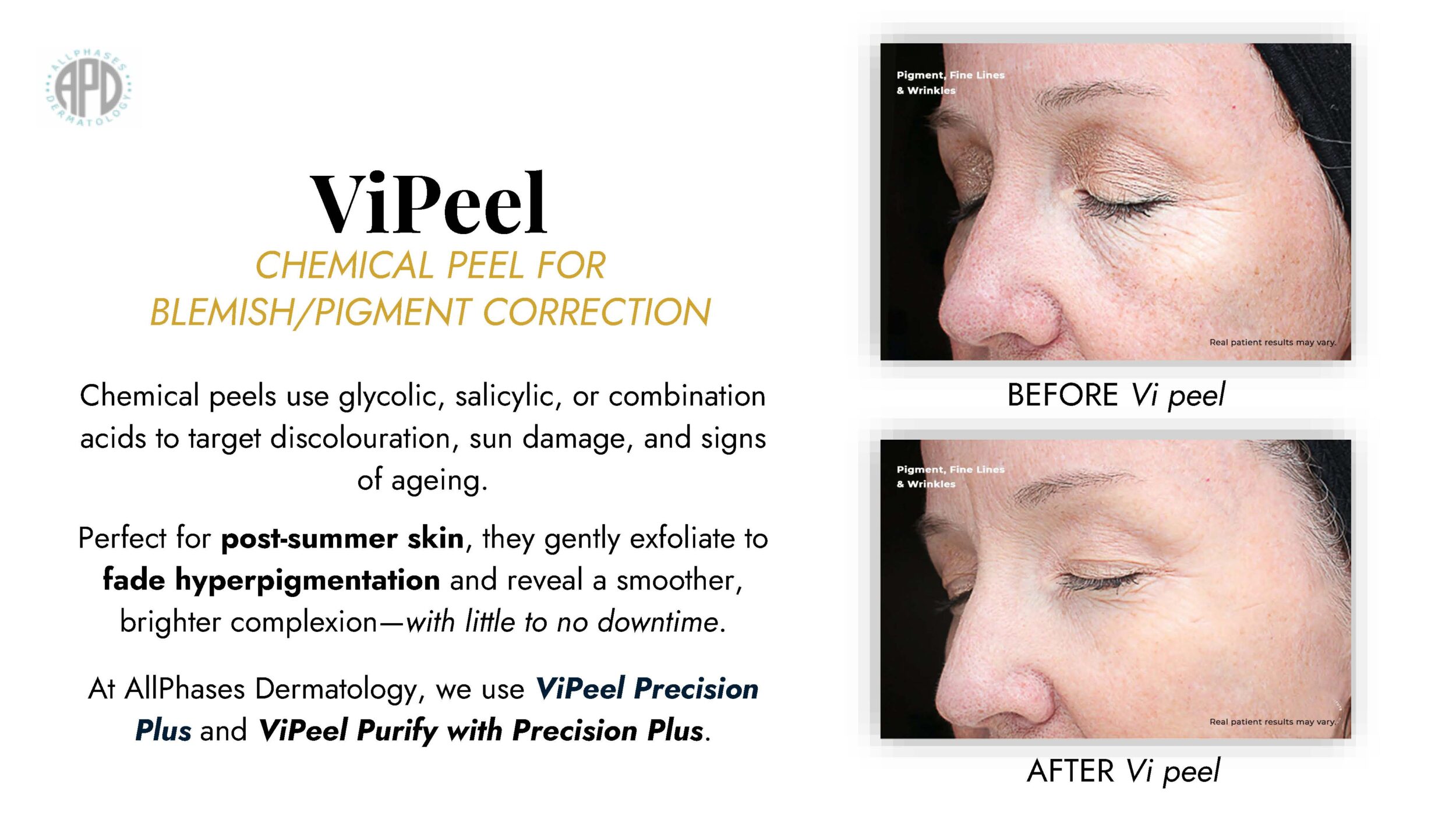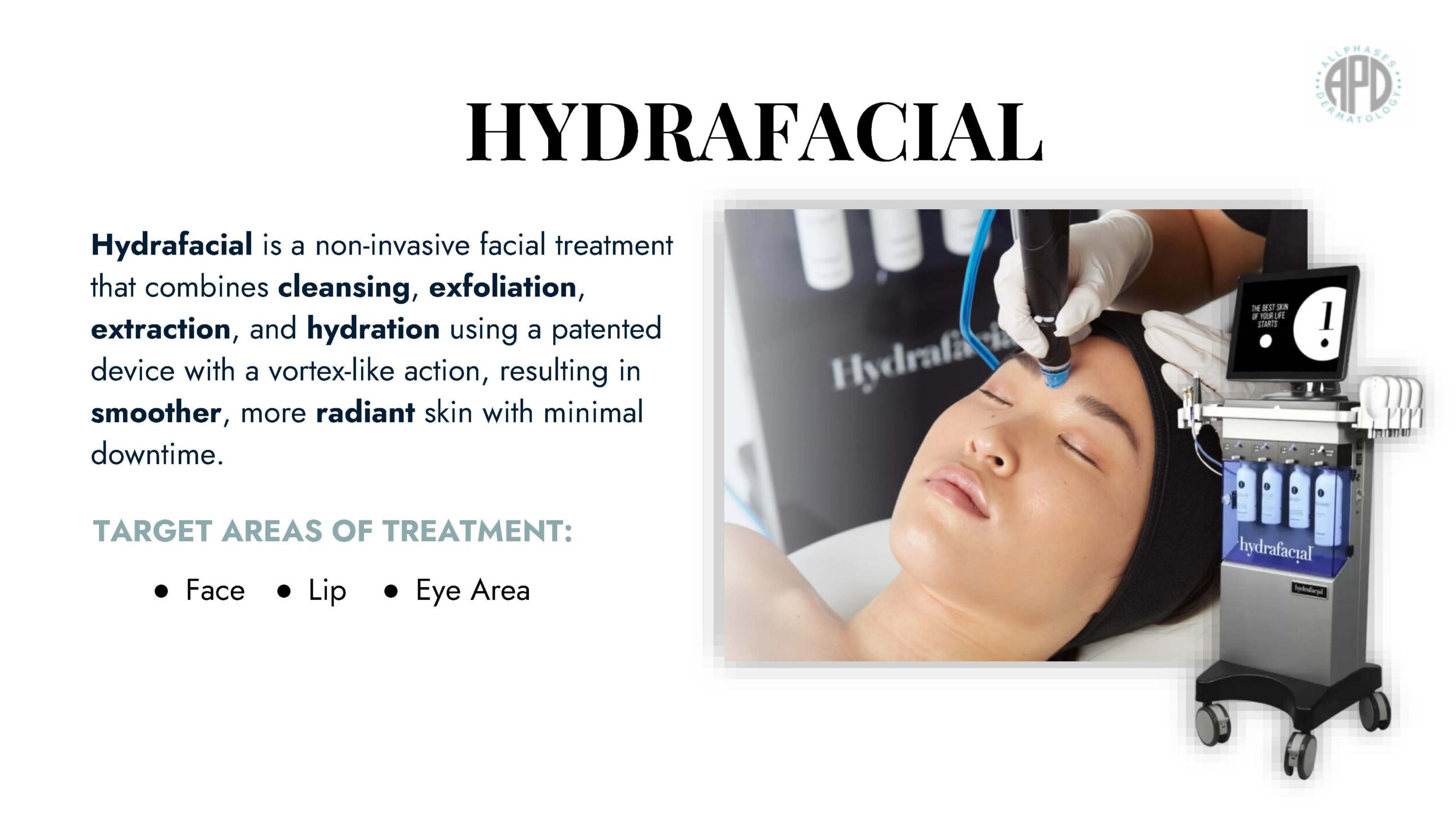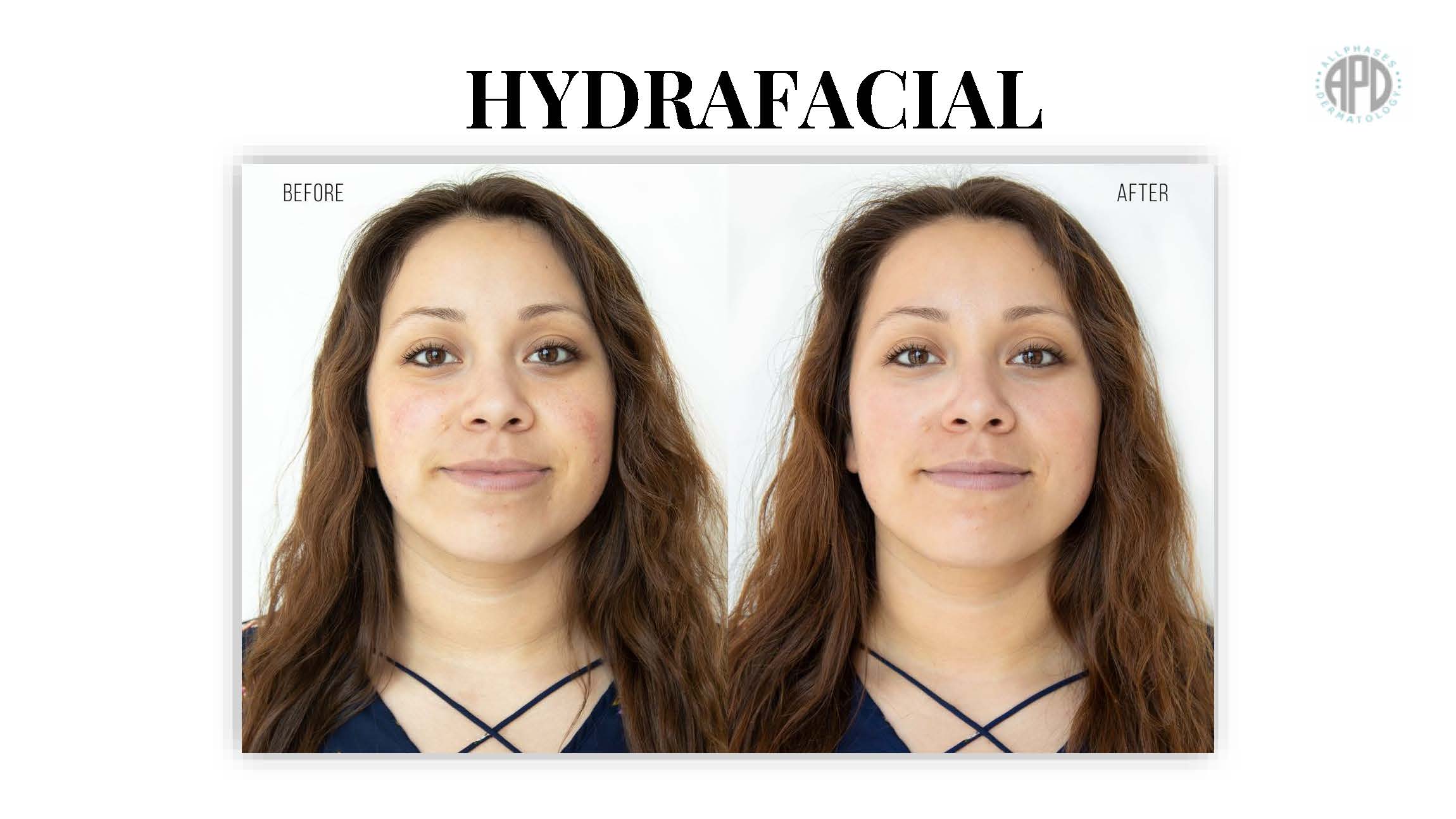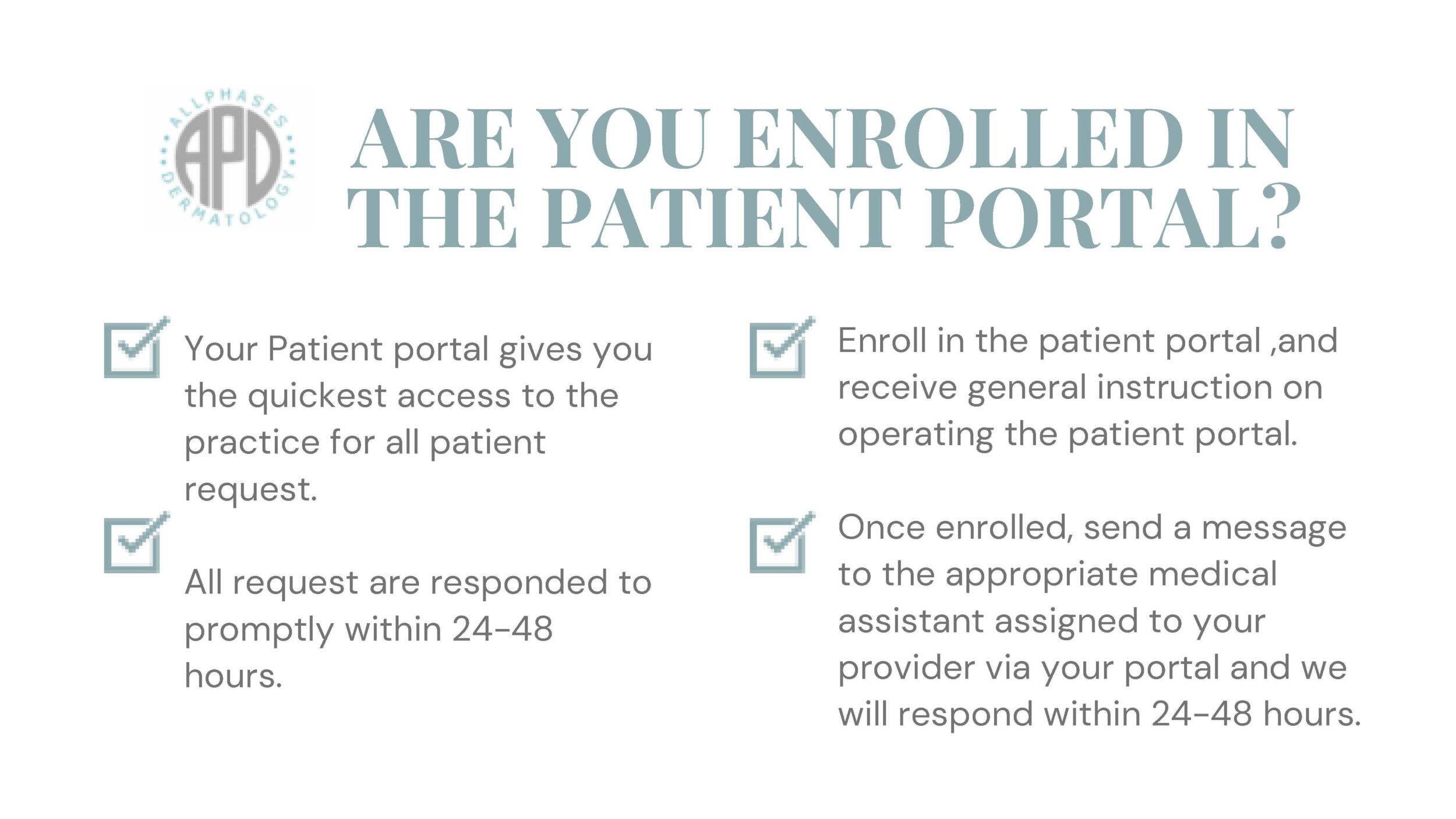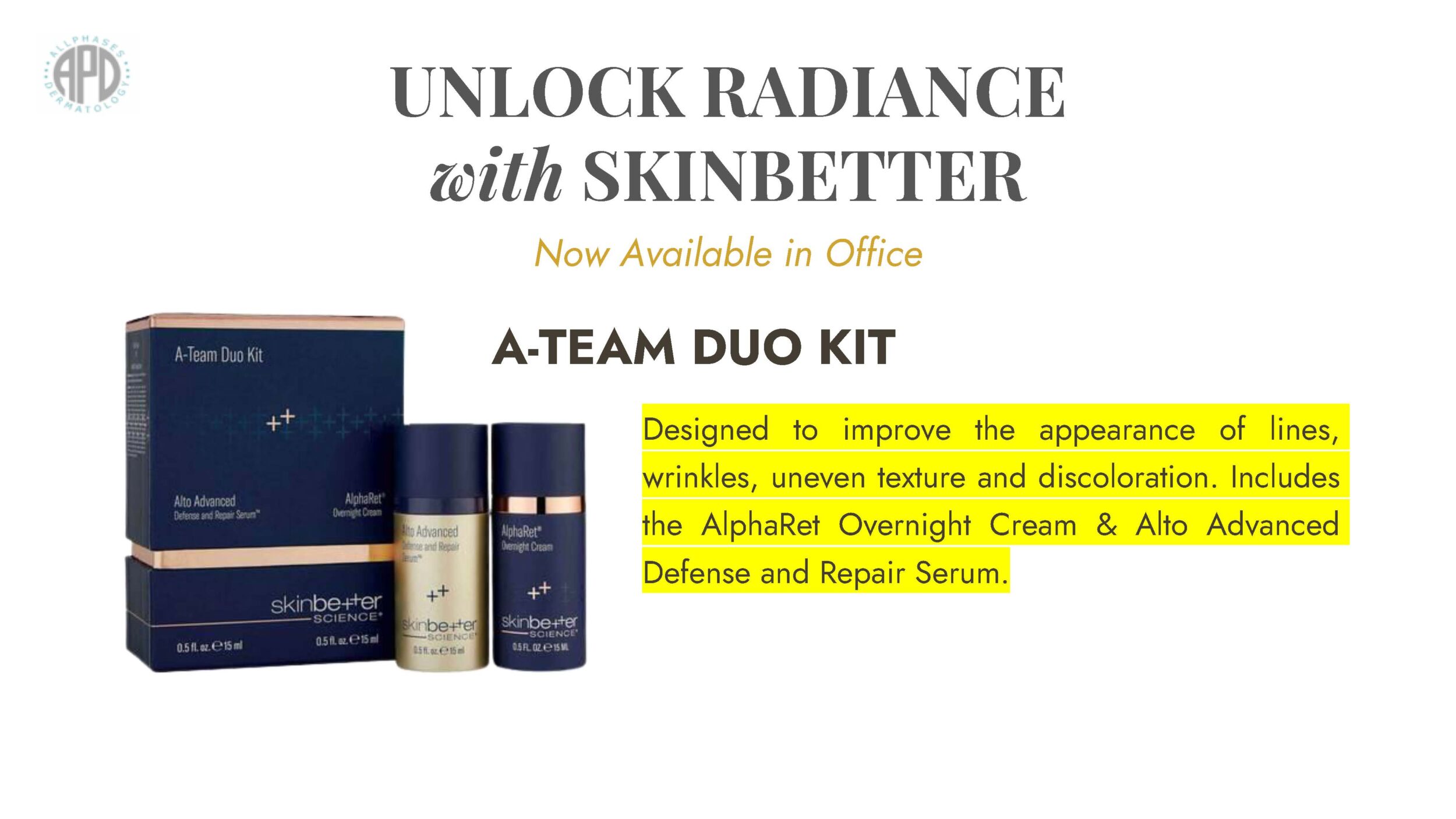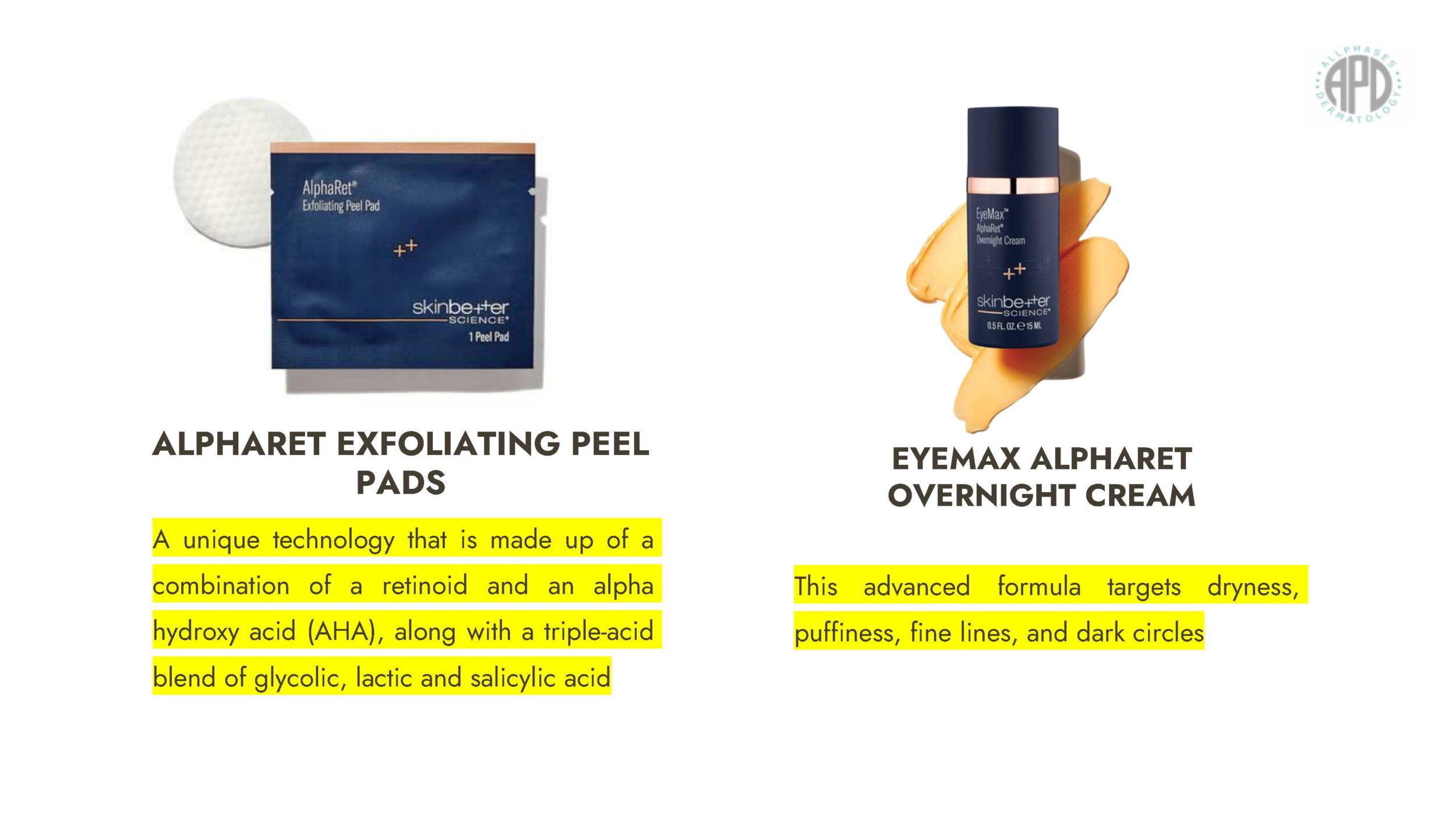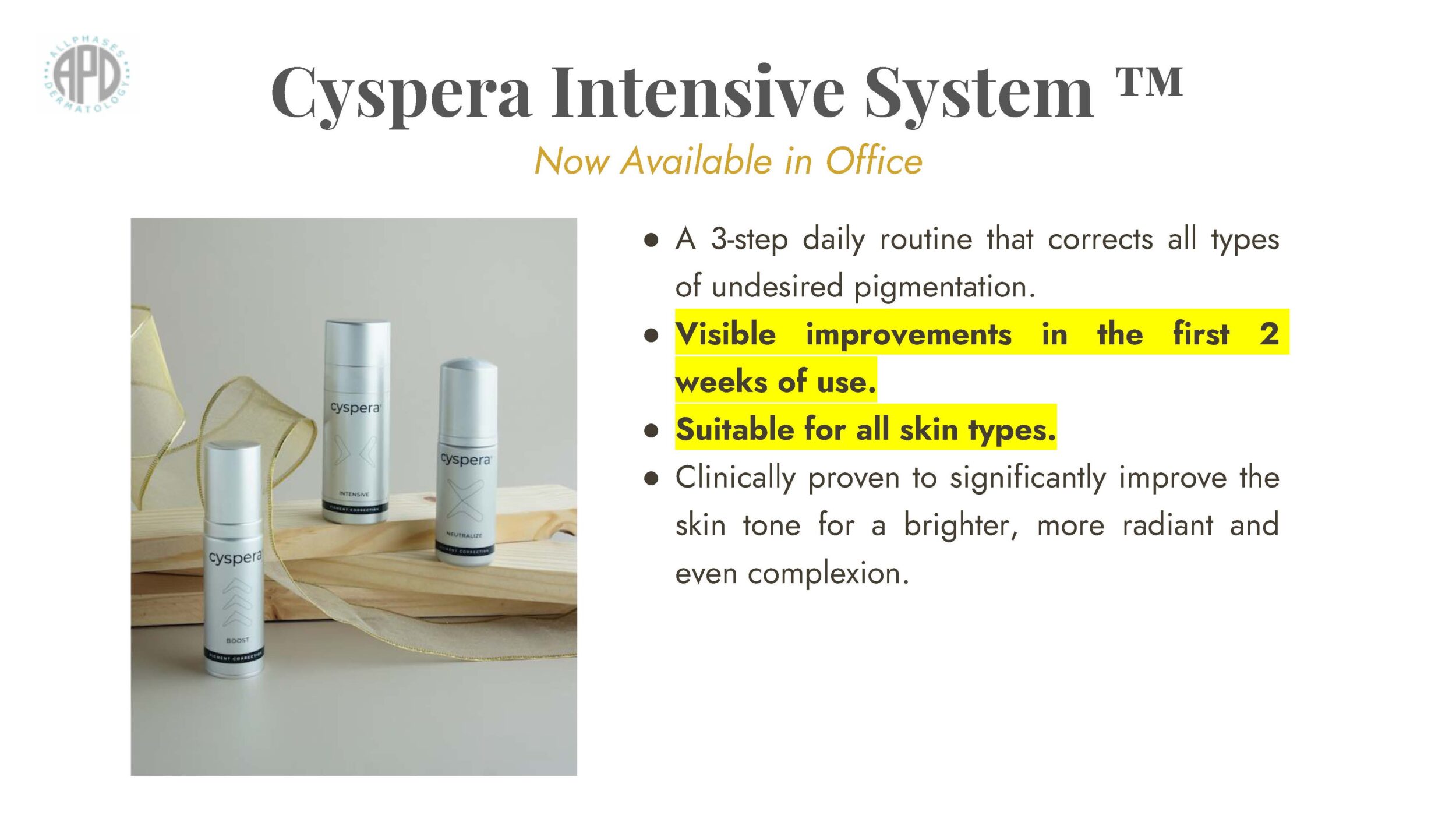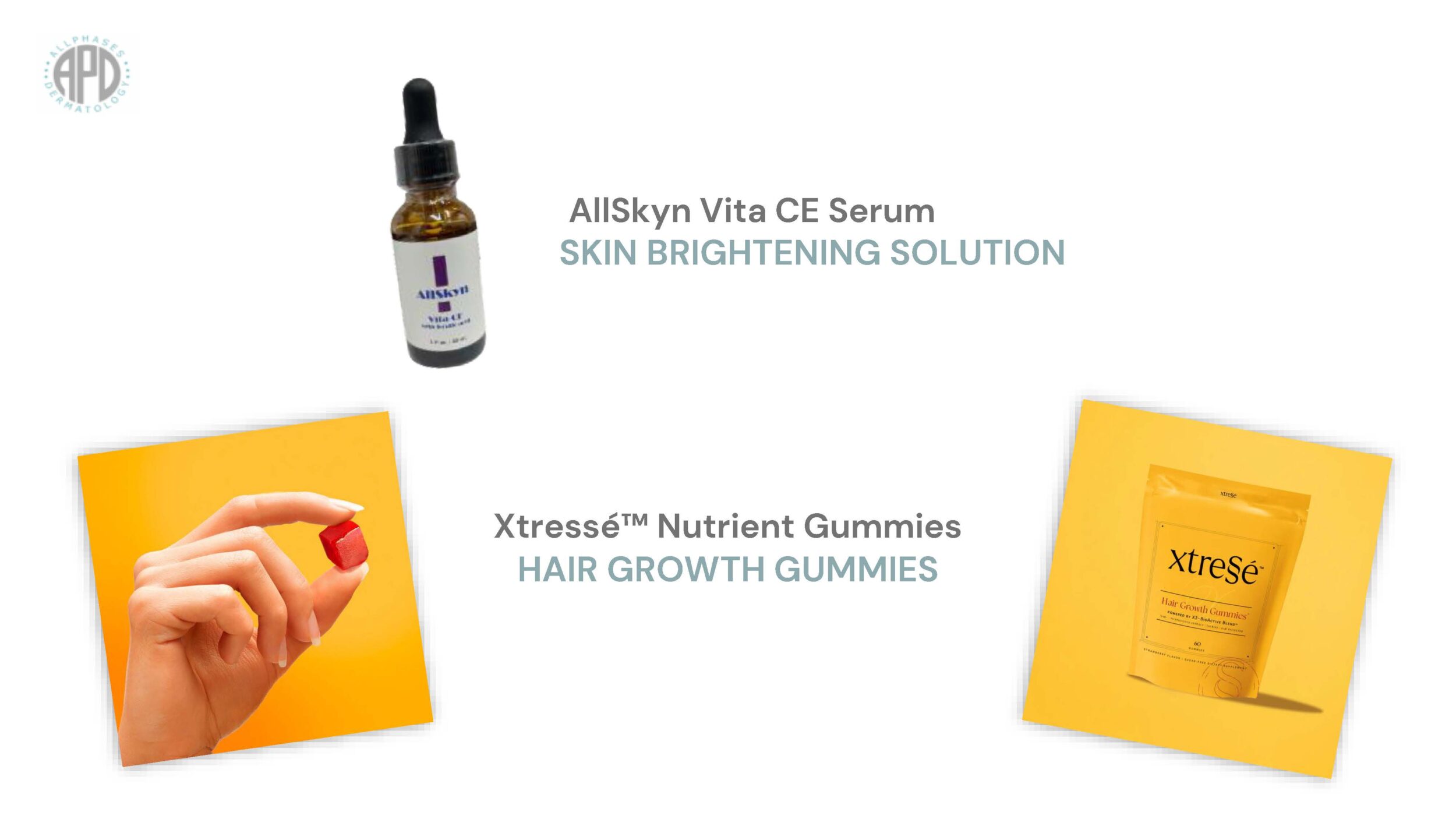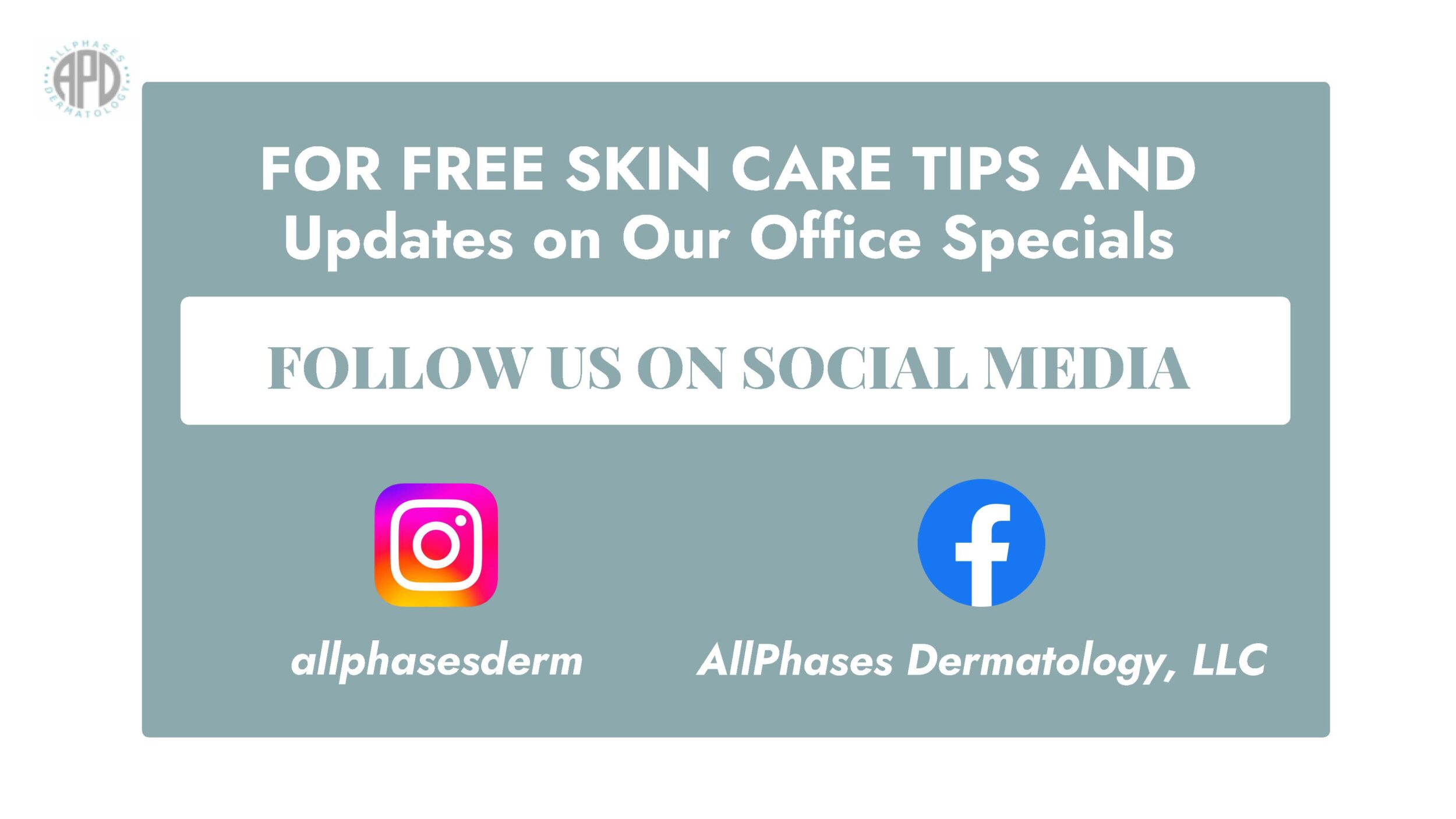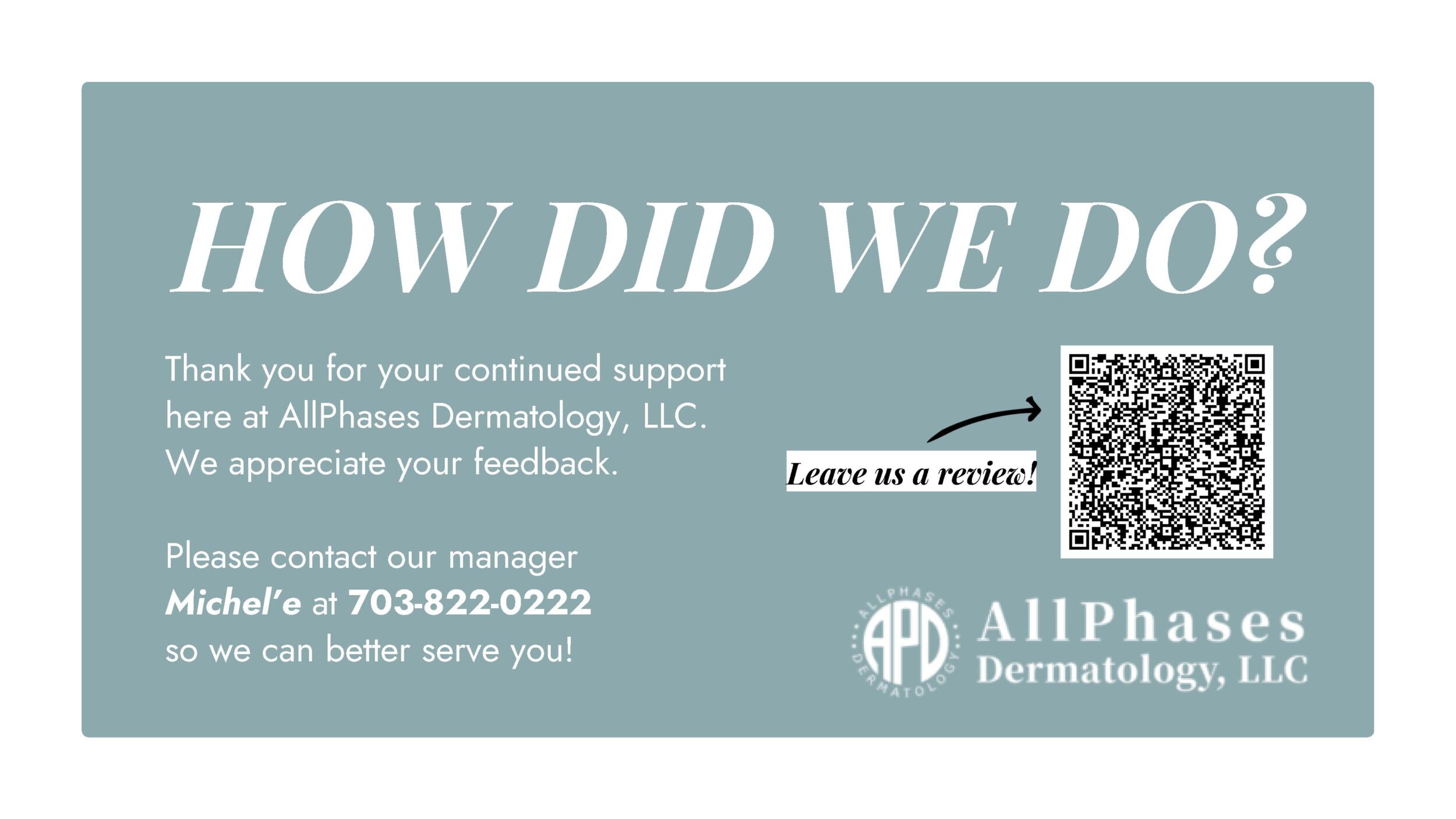Psoriasis is a common, chronic skin condition. The result of a rapid buildup of skin cells, psoriasis causes red, raised, dry and cracked scaly patches, and even blisters, to form on the skin. In some cases, psoriasis affects the fingernails, causing yellowing and small depressions. Psoriasis can be mild, moderate or severe, and, in most cases, causes itching and burning in affected areas or skin.
Psoriasis is the result of an autoimmune disorder, in which skin cells replace themselves every 3 to 4 days, rather than the usual 30, creating a buildup of cells on the skin's surface, and causing symptoms to appear on the scalp, elbows, knees, hands, feet and genitals. Although there is no cure, there are several treatments available to effectively relieve symptoms. In the United States, more than seven million men, women and children have psoriasis.
Your provider at AllPhases Dermatology will tailor treatment to you. Potential treatments include:
- Topical treatment, such as corticosteroids, vitamin D, or topical retinoids
- Prescription oral medications
- Exposure to natural sunlight
Psoriasis FAQs
There is no cure for psoriasis but various treatments can help manage symptoms and improve quality of life. These treatments may include topical medications, phototherapy, oral medications and biologic therapies.
Flare-ups can be triggered by various factors, including stress, infections, certain medications, cold weather, smoking and excessive alcohol consumption.
Psoriasis has been linked to other health conditions, including psoriatic arthritis, cardiovascular disease, obesity, type 2 diabetes and inflammatory bowel disease.
